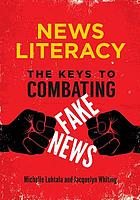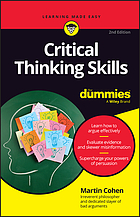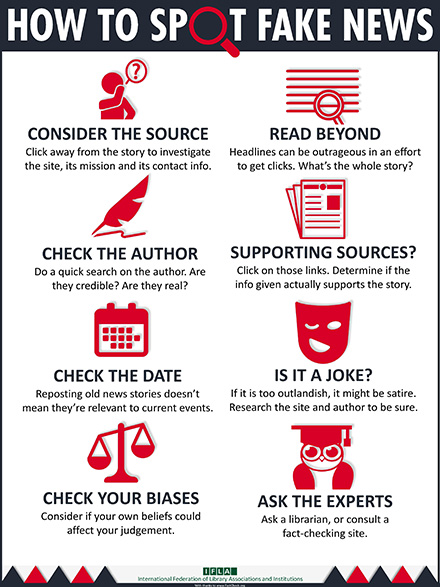Maybe it was easy to find, but is it good?
Assess: Does this information belong in my academic project or is it .... CRAAP?
Currency
Reliability
Authority / Accuracy
Purpose / Point of View
Is the information fact or opinion?
 Navigating Fake News, Alternative Facts, and Misinformation in a Post-Truth World
by
In the current day and age, objective facts have less influence on opinions and decisions than personal emotions and beliefs. Many individuals rely on their social networks to gather information thanks to social media's ability to share information rapidly and over a much greater geographic range. However, this creates an overall false balance as people tend to seek out information that is compatible with their existing views and values. They deliberately seek out "facts" and data that specifically support their conclusions and classify any information that contradicts their beliefs as "false news." Navigating Fake News, Alternative Facts, and Misinformation in a Post-Truth World is a collection of innovative research on human and automated methods to deter the spread of misinformation online, such as legal or policy changes, information literacy workshops, and algorithms that can detect fake news dissemination patterns in social media. While highlighting topics including source credibility, share culture, and media literacy, this book is ideally designed for social media managers, technology and software developers, IT specialists, educators, columnists, writers, editors, journalists, broadcasters, newscasters, researchers, policymakers, and students.
Navigating Fake News, Alternative Facts, and Misinformation in a Post-Truth World
by
In the current day and age, objective facts have less influence on opinions and decisions than personal emotions and beliefs. Many individuals rely on their social networks to gather information thanks to social media's ability to share information rapidly and over a much greater geographic range. However, this creates an overall false balance as people tend to seek out information that is compatible with their existing views and values. They deliberately seek out "facts" and data that specifically support their conclusions and classify any information that contradicts their beliefs as "false news." Navigating Fake News, Alternative Facts, and Misinformation in a Post-Truth World is a collection of innovative research on human and automated methods to deter the spread of misinformation online, such as legal or policy changes, information literacy workshops, and algorithms that can detect fake news dissemination patterns in social media. While highlighting topics including source credibility, share culture, and media literacy, this book is ideally designed for social media managers, technology and software developers, IT specialists, educators, columnists, writers, editors, journalists, broadcasters, newscasters, researchers, policymakers, and students.
 News Literacy: The Keys to Combating Fake News
by
News Literacy: The Keys to Combating Fake News
by
 Critical Thinking Skills for Dummies
by
Includes "instruction and exercises that you can put to work today as you navigate social media and news websites, chat with AI, fact-check your own and others' views, and more. . . . Identify other people's arguments and conclusions--and spot holes in them . . . "
Critical Thinking Skills for Dummies
by
Includes "instruction and exercises that you can put to work today as you navigate social media and news websites, chat with AI, fact-check your own and others' views, and more. . . . Identify other people's arguments and conclusions--and spot holes in them . . . "

Infographic courtesy of IFLA, 2017 (https://www.ifla.org/publications/node/11174)
(from IFLA)
Consider the Source - Click away from the story to investigate the site, its mission, and its contact info.
Read Beyond - Headlines can be outrageous in an effort to get clicks. What's the whole story?
Check the Author - Do a quick search on the author. Are they credible? Are they real?
Supporting Sources? - Click on links to other sources if given. Determine if the info given actually supports the story.
Check the Date - Reposting old news stories doesn't mean they're relevant to current events.
Is it a Joke? - If it is too outlandish, it might be satire. Research the site and author to be sure.
Check Your Biases - Consider if your own beliefs could affect your judgment.
Ask the Experts - Ask a librarian or consult a fact-checking site.